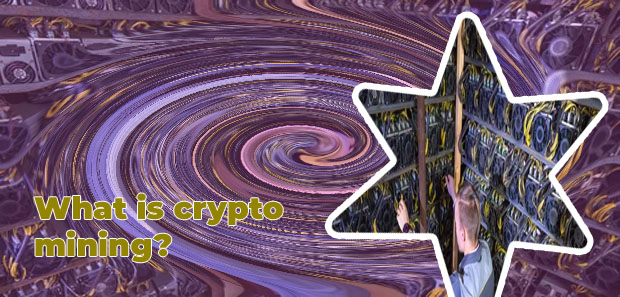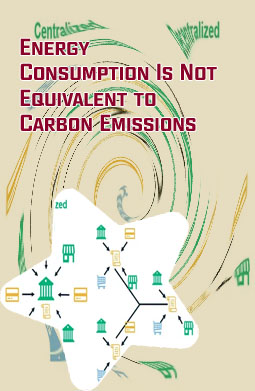
Bitcoin mining is a complex process that involves solving mathematical puzzles to validate transactions on the blockchain network. If you're curious about what it means to mine for bitcoin, these three articles will provide you with a comprehensive understanding of the topic. From the basics of how mining works to the equipment needed to get started, these articles will help demystify the world of bitcoin mining.
The Ultimate Guide to Bitcoin Mining: How Does It Work?
Bitcoin mining is the process by which new bitcoins are created and added to the circulation. It involves solving complex mathematical problems using powerful computers to validate and secure transactions on the blockchain. Here is a breakdown of how bitcoin mining works:
-
Mining Hardware: Miners use specialized hardware, such as ASICs (Application-Specific Integrated Circuits), to solve the cryptographic puzzles required to mine bitcoins efficiently.
-
Mining Pools: Due to the high level of difficulty in mining bitcoins individually, miners often join mining pools where they combine their computing power to increase their chances of successfully mining a block and receiving a reward.
-
Block Reward: Miners are rewarded with newly minted bitcoins for successfully mining a block. This reward is halved approximately every four years, a process known as the "halving," to control the supply of bitcoins and ensure scarcity.
-
Proof of Work: Bitcoin mining relies on a consensus algorithm called Proof of Work, where miners compete to solve complex mathematical puzzles to validate transactions and secure the network.
-
Energy Consumption: Bitcoin mining requires a significant amount of electricity to power the mining hardware and cooling systems. This has raised concerns about the environmental impact of bitcoin mining, particularly in regions where electricity is generated from fossil fuels.
Mining for Bitcoin: A Step-by-Step Guide for Beginners
"Bitcoin mining has become a popular topic in the world of cryptocurrency, with many beginners eager to learn how to get started. 'Mining for Bitcoin: A Step-by-Step Guide for Beginners' is a comprehensive guide that provides a detailed overview of the process. The book breaks down the complex concept of Bitcoin mining into easy-to-understand steps, making it accessible for those new to the world of cryptocurrency.
The guide covers everything from setting up a Bitcoin wallet to choosing the right mining hardware and software. It also delves into the intricacies of mining pools, difficulty levels, and block rewards. The step-by-step instructions are clear and concise, making it easy for beginners to follow along.
One of the key takeaways from the guide is the importance of understanding the technical aspects of Bitcoin mining. This includes learning about hashing algorithms, blockchains, and proof-of-work systems. By gaining a deeper understanding of these concepts, beginners can make more informed decisions when it comes to mining for Bitcoin.
Overall, 'Mining for Bitcoin: A Step-by-Step Guide for Beginners' is a valuable resource for anyone looking to get started in Bitcoin mining. It provides a solid foundation of knowledge that will help beginners navigate the complexities of the process with confidence."
Recommendations:
- Include more information
The Cost of Mining Bitcoin: Is It Worth It?
Bitcoin mining has become a hot topic in the world of cryptocurrency, with many people wondering whether the costs associated with it are worth the potential rewards. Mining Bitcoin involves using computer hardware to solve complex mathematical equations, which in turn helps to secure the Bitcoin network and validate transactions. However, the process is energy-intensive and can be costly, especially as the difficulty of mining increases over time.
One of the main costs associated with Bitcoin mining is the energy consumption required to run the necessary hardware. This can be a significant expense, especially in regions where electricity prices are high. Additionally, the cost of purchasing and maintaining mining equipment can also add up quickly. Despite these challenges, many miners continue to operate in the hopes of earning a profit from their efforts.
For those considering getting into Bitcoin mining, it's important to carefully consider the potential costs involved. While the rewards can be substantial, there are no guarantees in the world of cryptocurrency. It's essential to do thorough research and to understand the risks before diving in.
Key points to consider when evaluating the cost of mining Bitcoin:
- Energy consumption: The amount of electricity needed to power mining equipment can be a major expense.
- Hardware costs: Purchasing and maintaining mining hardware can be costly.
- Mining difficulty: As the difficulty of

